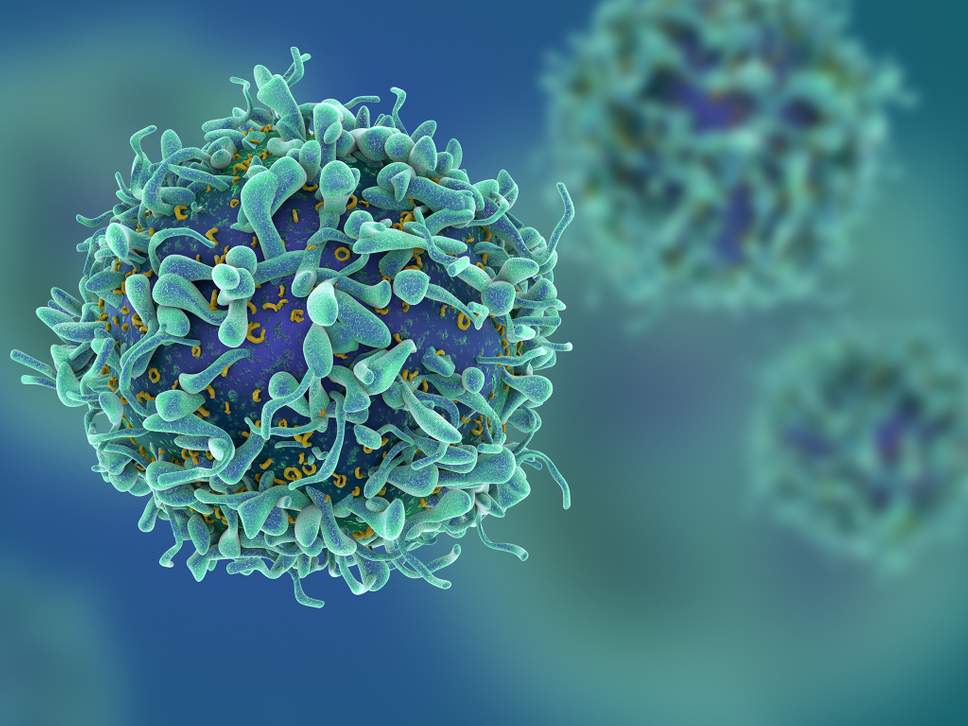Cancer treatment could be revolutionised by targeting a single cell, scientists say

Cancer remains a frightening and largely incurable disease.The toxic side effects of chemotherapy and radiation make the cure often seem as bad as the ailment, and there is also the threat of recurrence and tumour spread.
Cancer treatment still follows a practically medieval method of cut, burn or poison. If the growth can’t be cut out through surgery, it may be burnt away with radiation or poisoned by chemotherapy.As a result, cancer therapy remains a daunting diagnosis for patients and treatment options seem limited for a disease which causes one in six deaths globally.
The failure to innovate in cancer treatment may lie in the very poor success rate of clinical trials. Approximately 95-98 per cent of new anti-cancer drugs actually fail phase-III clinical trials, the phase in which new treatments are compared with existing therapy options. This is a staggering statistic. No other business could possibly survive with such an abysmal success rate.
Most drugs are made to target “bulk” cancer cells, but not the root cause: the cancer stem cell. Cancer stem cells, also known as “tumour-initiating cells”, are the only cells in the tumour that can make a new tumour. New therapies that specifically target and eradicate these cancer stem cells are needed to prevent tumours growing and spreading, but for that there needs to be more clarity around the target.

